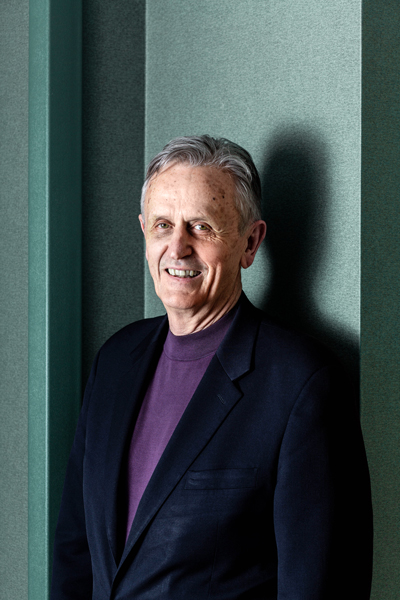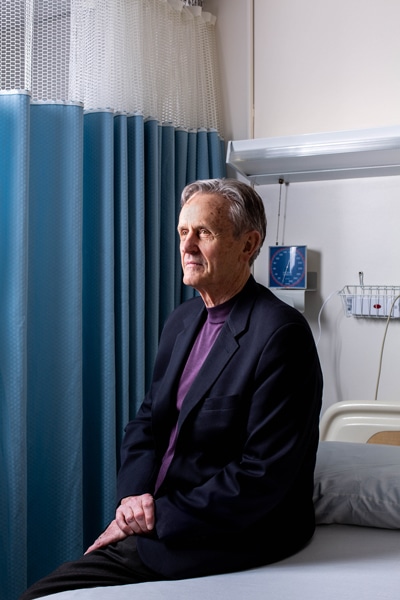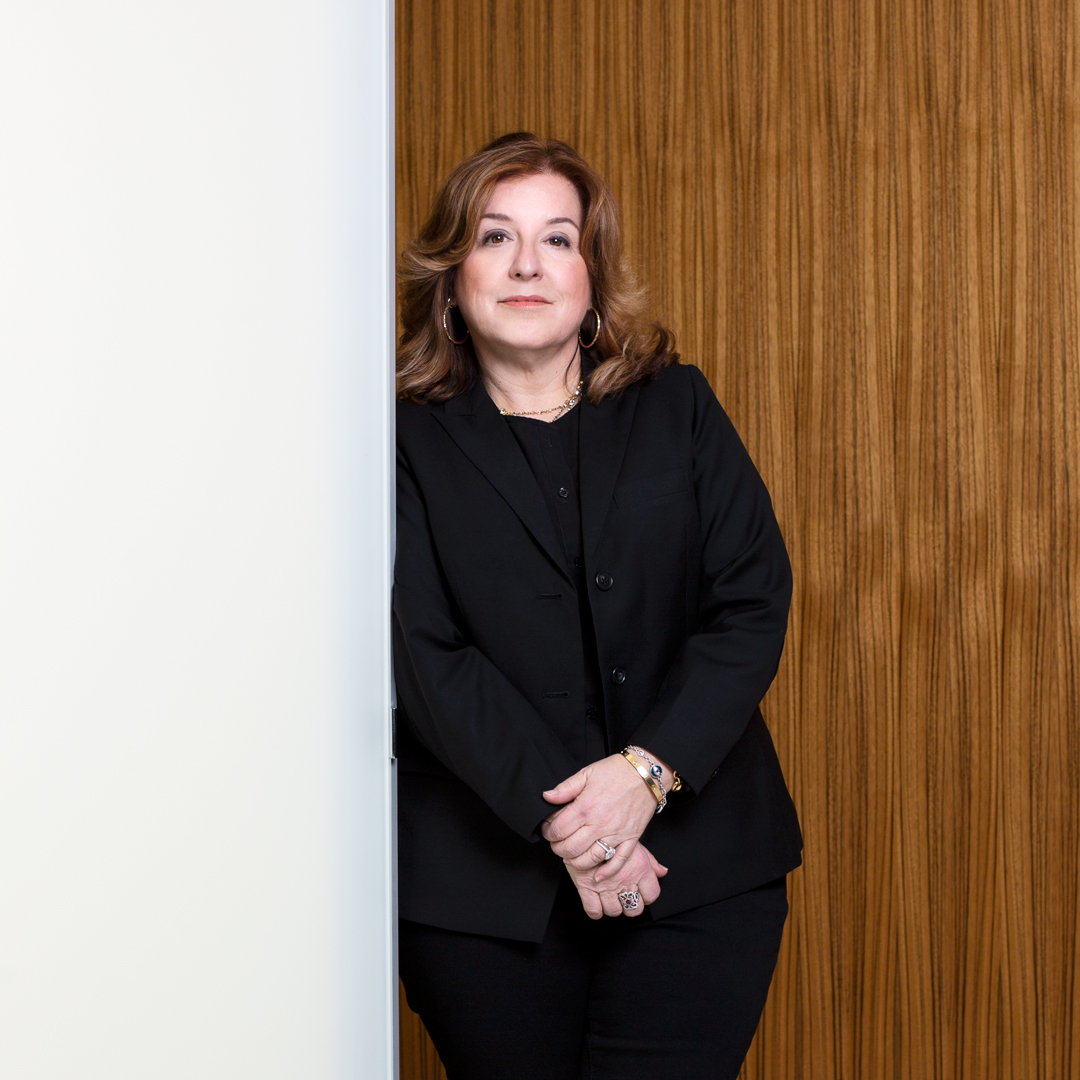Founded in 2008, Readiness Rounds’ goal of making hospitals better equipped to handle the constant flow of critical information to care for patients is now more than a decade in. The company’s founder and CEO, Donald Death, has watched his creation evolve to meet new and ever-changing challenges in the healthcare industry of the twenty-first century. “I don’t think there’s another industry that matches the complexity of healthcare,” Death says. “I describe it as 1,000 miles wide and 10,000 miles deep.”
The company’s flagship platform aims to reduce labor for those who are most overworked in the healthcare industry, particularly frontline managers, by narrowing down what can often be dozens of disparate data-storage platforms and Excel spreadsheets into a single location. After integration, the platform also identifies performance-improvement priorities and comprehensive reporting to support regulatory surveys.

By Death’s calculations, a typical nurse frontline manager interfaces with somewhere between 20–30 independent systems that they are expected to not only navigate, but respond to, manage, and report out, while continuously meeting all requirements of safe patient care. “To describe this as impossible is just being kind,” Death says. “Most of us can deal with one, two, three, maybe four systems; beyond that you’re just going to give up. It’s too much.”
Readiness Rounds’ own evolution is a result of its founder’s belief that the software-as-a-service model wasn’t doing enough to address real and reversible problems in healthcare. “Simply saying, ‘Here’s the platform, here’s the process, go use it well and things will get better’ is kind of the conventional model, and, to be blunt, it’s where we started,” Death says. “But as we got into it, we knew we could go further.”
Working with hospitals to implement the platform has allowed Readiness Rounds to make sure healthcare organizations are utilizing the service to its fullest potential. Expecting already overworked staff to learn another new piece of software on their own is often a battle lost from the get-go, Death says.
Moving into the hospitals has made it easier for Readiness Rounds to ensure its product is delivering where it counts. “We agree on improvement outcomes with the hospitals,” Death says. “And we put ourselves financially at risk until we achieve those outcomes.”
Death says the second and more fundamental piece of being more than a software-as-service company comes down to safety. “We want to apply a higher reliability model toward improving hospital safety and improving the quality of the outcomes,” Death says. “Simplifying the manager’s workload is a huge win, but the real success is when it’s used to drive improvement, because it’s the performance-improvement that improves the safety of the processes.”
The fundamental issue, Death believes, is raising the standard of acceptable outcomes in healthcare overall. “High reliability is something that is not present in healthcare, nor is it very well understood in the industry,” Death says. “I don’t care whether it’s me or someone else, but it’s vital to get that message into healthcare that there are huge improvements to be made.”

A recent Johns Hopkins study reports that more than 250,000 people die every year from medical error. As the third-leading cause of death after cancer and heart disease, Death sees radical change needed to address what amounts to an epidemic.
Readiness Rounds has already forged collaborative partnerships with healthcare organizations across the country, including successful implementations at White Plains Hospital, Ellis Medicine, and Montefiore Health Systems. Death says demonstrating measurable improvements has been the most surefire method of continuing collaboration, and by using Readiness Rounds’ platform to drive improvement, those collaborations are a win-win for both organizations.
While Death says the ever-rising costs of healthcare always play a factor in organizational investments, in the case of the Readiness Rounds platform, he believes there’s a much wider perspective necessary. “Far-less complicated industries have proven it; if we can make quantum leaps in terms of healthcare safety, it will, in turn, lower its cost.”
Death says that improving health outcomes too often isn’t the desired end of health processes. “It’s the same old model: when quality improves, costs actually decrease,” Death says. “For a lot of people in healthcare, decreased costs are counterintuitive to their business.” And while it remains a complex, high-profile, and highly regulated industry, Readiness Rounds believes it can help remove “complex” from the equation.


